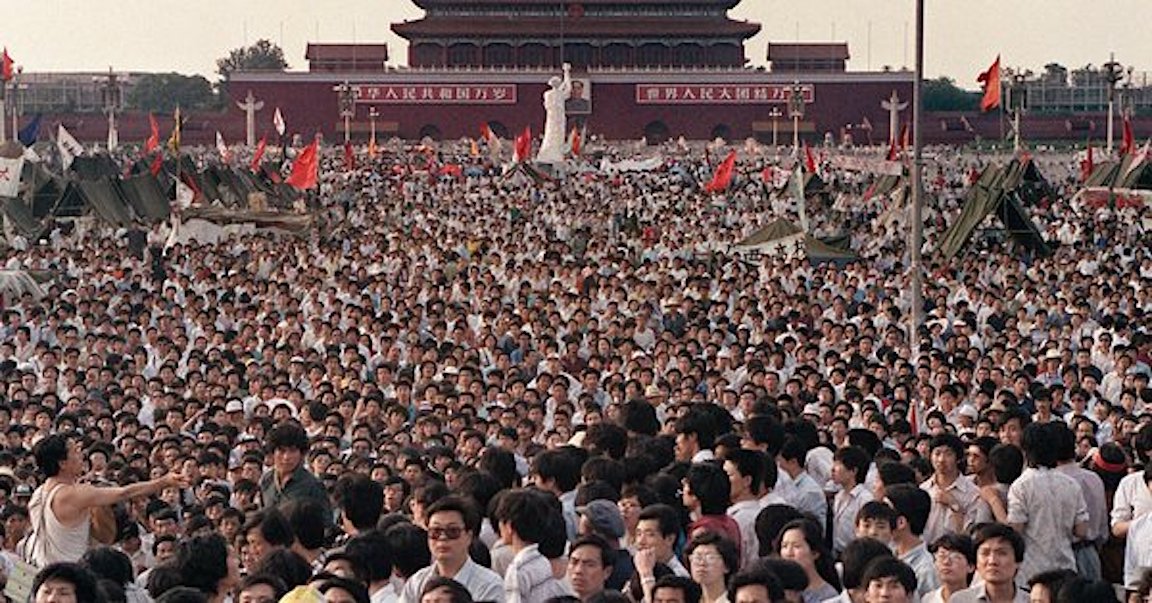
Thread: #TiananmenSquaremassacre Victim: The #CCP Hasn’t Changed
”Why was there an order to start killing?” Fang Zheng asked.
"The only thing that has changed today is the methods the #CCP uses to control people"
#Tiananmen32
#TiananmenMassacre
theepochtimes.com/tiananmen-squa…
”Why was there an order to start killing?” Fang Zheng asked.
"The only thing that has changed today is the methods the #CCP uses to control people"
#Tiananmen32
#TiananmenMassacre
theepochtimes.com/tiananmen-squa…
2/ ”Why was there an order to start killing?” Fang Zheng asked. His simple query, among many other questions, has been unanswered for 3 decades. But Zheng—a victim turned activist whose legs were run over by a tank during the Tiananmen Massacre, is still fighting for the truth.
3/ The bloodbath, carried out by orders from the Communist Party (CCP), took the lives of throngs of Chinese students protesting for democratic reform on June 4, 1989. The regime continued to deny any involvement, & online searches of the incident are censored inside China.
4/ The CCP had pressured Zheng, now 55, to say he was hurt in a road accident, but he refused. Zheng’s story brings up images of an internationally recognized photo from the massacre known widely as the “Tank Man.”
5/ “What the CCP is doing today is just a continuation of what happened 30 years ago. Though their leaders changed from Deng to Jiang to Hu to Xi, their principles and ideology has not changed,” he said at the annual global conference for human rights defenders.
6/ The only thing that changed is the methods the CCP uses to control people, they they persecute everything that doesn’t align with their interests. If someone were to write something related to June 4 on WeChat it would be impossible since they track & filter all comments.
7/ “They also use similar technology to put people under surveillance. They follow everyone’s comments on the internet & use it as evidence of illegal activities & arrest them. Modern technology is a useful tool for the CCP to suppress the people. It makes them unable to speak.”
8/ “Many Chinese, especially the young, still don’t know about the massacre. There are 2 reasons for this, one is the control of the CCP, so unless they seek it, they won’t know. Also, the environment is high-pressure, people are self-censoring themselves because they are afraid”
• • •
Missing some Tweet in this thread? You can try to
force a refresh


















